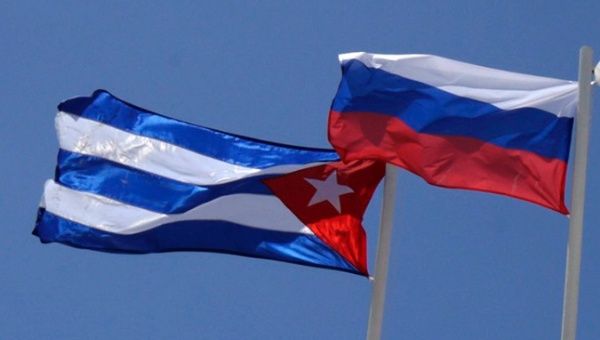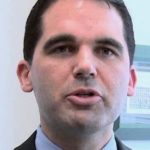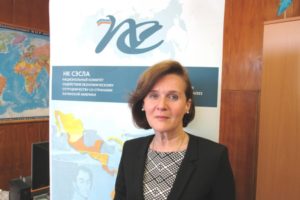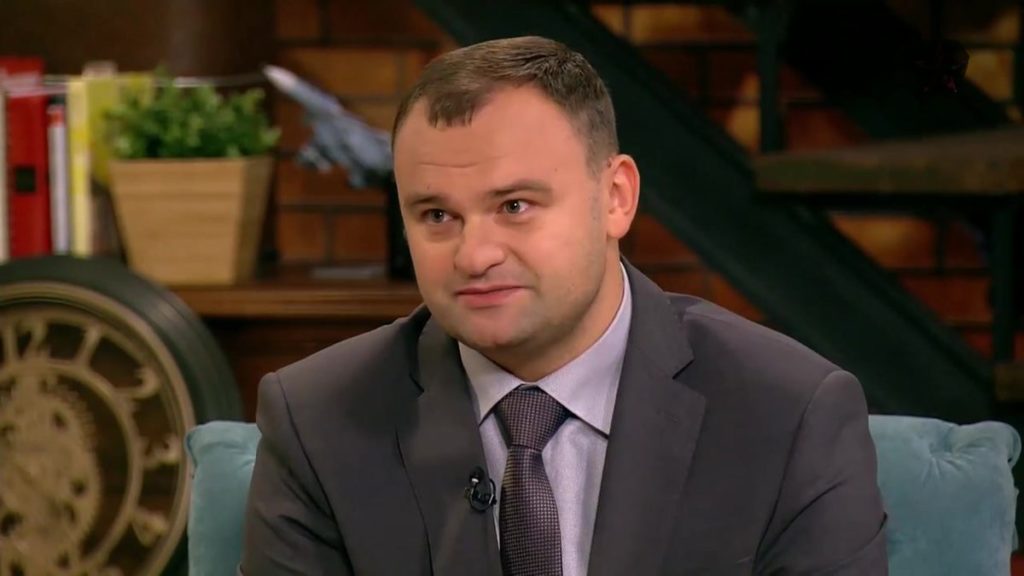
Experts: Trump’s snub of Cuba brings Russia into U.S. backyard

An article published Dec. 19 in the British daily The Independent has buoyed Russian politologists, businessmen and politicians for its outlook on Russo-Cuban relations now that U.S. President Donald Trump has begun to reverse the U.S.-Cuba rapprochement begun by former President Barack Obama on Dec. 17, 2014.
The Independent’s article quotes comments made by Jason Marczak, director of the Washington-based Adrienne Arsht Latin America Center, to the effect that “Russia sees [the rollback] as a moment to further its own relationship with Cuba. The more the Russian footprint increases in Cuba, the more that will reinforce hardened anti-U.S. attitudes and shut out U.S. businesses from eventually doing greater business in Cuba.”
As an example of this, The Independent cites the meeting on Dec. 16 between President Raúl Castro and Russian oil mogul Igor Sechin, which the Reuters news agency described as “the latest sign the two countries are readying a major energy agreement.”
On Thursday (Dec. 21), the Russian news website Svobodnaya Pressa (Free Press) published an article saying that “Moscow, increasing its economic presence on the island, does not overlook geopolitics.”
According to Tatiana Mashkova, deputy chairman of the Russia-Cuba Business Council, “Russia is already conducting many projects in Cuba. All joint projects are carefully calculated, and negotiations are conducted in less than a month with the participation of all necessary financial structures, including our banks and Cuba’s and the Russian Export Center.
“The Cuban leadership is not asking for handouts. All they want is acceptable conditions: installment payments, supply guarantees, construction of service centers and spare-parts stores, etc. Supply insurance is available. As the specialists of Roseximbank told me, if there is an agreement, the Cubans always return the invested funds.”
Roseximbank stands for Russian Agency for Export Credit and Investment Insurance.

“In addition, the rest of Latin America is looking at Cuba,” Mashkova continues. “For the Caribbean and Central American countries, Cuba is a reference. If there are deliveries to Cuba from Russia, they too can buy. To a certain extent, Cuba is a window to this region.
“Therefore, our businessmen are trying to open assembly plants there. For example, in Mariel, where enterprises are exempted from taxes for several years. So, from there [Russia] can supply equipment to other countries in the region.
“As for oil, it is known that it exists in the Gulf of Mexico. Russia is very interested in this. In addition, we cannot discard politics in any way.”
Asked about those political implications, Mashkova expands.
“We Russians definitely need a partner and friend in the western hemisphere. Cuba is one of the most authoritative countries in Latin America. Although it is a small country, it participates in almost all international organizations and stays visible.
“When it comes to organizations where Russia is not represented but Cuba is, Cuba always — with rare exceptions — votes like Russia, or like we would have voted. Cuba does not vote that way because it wants to please us, but because we have a similar point of view, a common policy.”
Konstantin Vladimirovich Blokhin, a leading researcher at the Center for Security Studies of the Russian Academy of Sciences, tells Svobodnaya Pressa that cooperation with Cuba will help Russia in the face of a growing confrontation with the United States.

“Under Obama, the United States began a kind of dialogue with Cuba. This was in the framework of a departure from its previous tough course toward other countries such as Iran,” Blokhin said “It can be said that Obama began to pursue a more realistic policy. Trump came and began to position himself as a realist, but from the very start of his presidency, he began to make strong anti-Cuban statements.
“Then he bowed to the Cuban-American lobby, one of whose most visible representatives is the Republican senator Marco Rubio, who dreamed of ‘driving the Russians away’ from Cuba. Another is senator Ted Cruz. Both have ethnic Cuban roots and are very influential. Trump is guided by them.”
Blokhin says that Trump’s position on Cuba “is somewhat similar to his position on Jerusalem. There, he sets up all the Muslim countries against [the U.S.] and it is clear that this will strengthen their cooperation with Russia on the basis of anti-Americanism. The same will happen with Cuba and all of Latin America.
“Only that, besides Russia, there is also China, which is allied to us and very active in the region. Not without reason, in the new National Security Strategy both countries are mentioned as enemies of the United States and are called ‘revisionist.'”
On the possibility of a confrontation between Russia and the U.S. in the Western Hemisphere, Blokhin believes that “there will be no improvement in [Russia’s] relations with the United States under Trump’s presidency and in the near future. So, our country will consider Cuba, and the whole of Latin America as a very useful strategic asset.
“Cuba remains the soft underbelly of America,” Blokhin says, alluding to the 1962 Missile Crisis. “As the confrontation intensifies, we will invade this traditional zone of influence of the United States, to act there more actively.
“Thus,” Blokhin concludes, “Trump’s new course rather worsens the situation of his country, stimulating the unity of Russia with Cuba and other countries in the region.”

